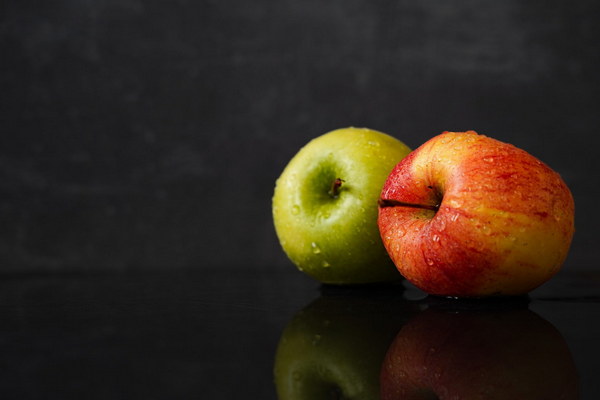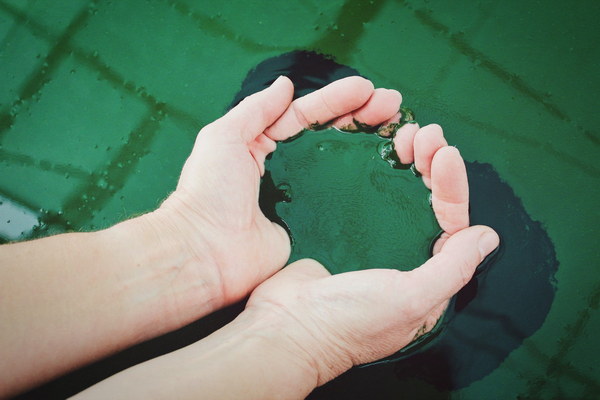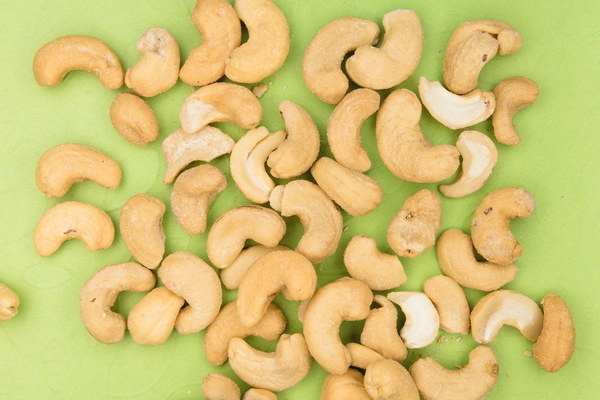Nurturing Liver Health A Comprehensive Guide to Liver Support and Dryness Protection
Introduction:
Liver health is a crucial aspect of overall well-being. The liver plays a vital role in detoxifying the body, metabolizing nutrients, and producing bile. However, due to poor diet, excessive alcohol consumption, and other factors, liver health can be compromised. In this article, we will explore the importance of liver support and dryness protection, and provide valuable insights on how to maintain a healthy liver.
I. Understanding Liver Support
1. The Role of the Liver:
The liver is an essential organ responsible for various functions, including filtering blood, producing bile, storing vitamins and minerals, and breaking down harmful substances. A healthy liver ensures efficient metabolism and detoxification, which is crucial for maintaining good health.

2. Common Liver Conditions:
Liver diseases can range from mild to severe, including fatty liver, hepatitis, cirrhosis, and liver cancer. These conditions can lead to liver damage and compromise overall health.
II. Importance of Liver Support
1. Detoxification:
The liver filters harmful substances from the blood, such as toxins, drugs, and alcohol. Liver support ensures efficient detoxification, reducing the risk of liver damage and other health issues.
2. Nutrient Metabolism:
The liver plays a vital role in metabolizing nutrients, including carbohydrates, fats, and proteins. Liver support helps in maintaining optimal nutrient levels and promoting overall health.
3. Energy Production:
The liver produces bile, which aids in the digestion and absorption of fats. A healthy liver ensures efficient energy production and prevents nutrient deficiencies.
III. Liver Support Strategies
1. Diet:
A balanced diet rich in fruits, vegetables, whole grains, lean proteins, and healthy fats is essential for liver health. Incorporating foods rich in antioxidants, such as berries, nuts, and green leafy vegetables, can help protect the liver from oxidative stress.
2. Hydration:
Staying hydrated is crucial for liver health, as it aids in the removal of toxins from the body. Aim to drink at least 8 glasses of water per day.
3. Exercise:
Regular physical activity improves liver function and helps in maintaining a healthy weight. Exercise also enhances blood circulation, promoting the delivery of nutrients and oxygen to the liver.
4. Avoiding Harmful Substances:
Limiting alcohol consumption, avoiding smoking, and reducing exposure to environmental toxins can help protect the liver from damage.
IV. Dryness Protection
1. Understanding Dryness:
Dryness refers to the lack of moisture in the body, which can lead to various health issues, including skin dryness, constipation, and dehydration. Protecting against dryness is essential for maintaining overall well-being.
2. Hydration:
Drinking enough water is crucial for maintaining hydration. Adequate hydration helps in the elimination of toxins, lubrication of joints, and proper kidney function.
3. Diet:
Incorporating foods rich in omega-3 fatty acids, such as fatty fish, flaxseeds, and chia seeds, can help maintain moisture in the body. Foods high in vitamin E, such as almonds, walnuts, and sunflower seeds, can also protect against dryness.
4. Moisturizing:
Using moisturizers and lotions regularly can help maintain skin hydration and prevent dryness.
Conclusion:
Maintaining liver health and protecting against dryness are essential for overall well-being. By adopting a healthy lifestyle, including a balanced diet, regular exercise, and avoiding harmful substances, you can ensure optimal liver function and prevent dryness-related issues. Remember to consult with a healthcare professional for personalized advice and support on liver health and dryness protection.









